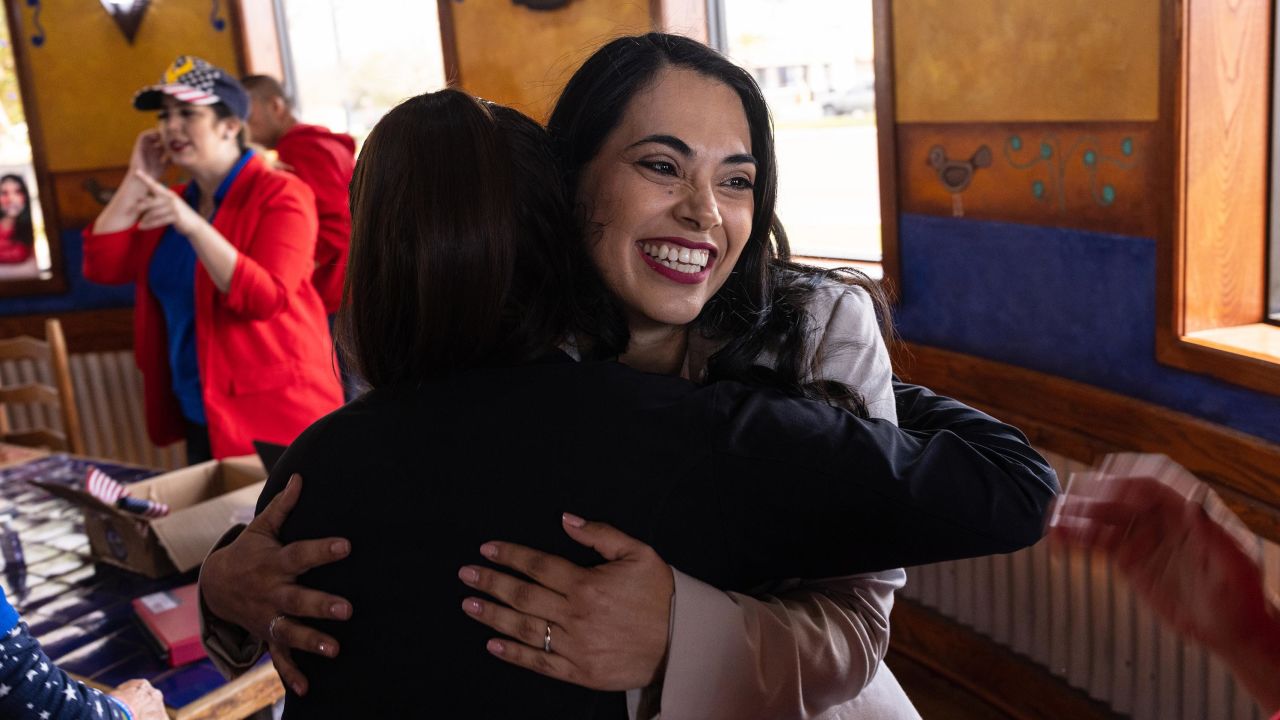Texas Gov. Greg Abbott signed into law in September a bill that imposed a raft of new restrictions on voting in one of the nation’s fastest-growing and diversifying states.
Today’s primary is the first statewide election in Texas to be conducted under the state’s new restrictive election law.
The law limited early voting hours, eliminated drive-through voting and added new ID requirements for mail voting, among other changes. The changes are already having an impact on voters.
Here’s a look at some of the changes implemented by the law:
Bans 24-hour voting: In 2020, Harris County, the home of Houston, opened eight locations for around-the-clock early voting — an option that was popular with shift workers in the racially diverse county.
Counties will now be prohibited from offering 24-hour voting by a provision that limits the window in which counties can offer voting to 6 a.m. to 10 p.m.
The law also expands the current requirement of at least 12 hours of early voting on weekdays in the second week it’s allowed to include counties with more than 55,000 residents — up from the current 100,000 cut-off.
Bans drive-thru voting: In another provision that targets Harris County, the law prohibits drive-thru voting. In 2020, as local officials sought ways to safely conduct the election amid the coronavirus pandemic, 127,000 people in the county cast their ballots at 10 drive-thru centers — including a parking garage at the Toyota Center, the home of the NBA’s Houston Rockets.
New vote-by-mail ID mandates: Texans who are voting by mail — those who are over age 65, out of the county on Election Day or have a disability or illness that prevents them from voting in person are eligible — will now need to provide either their driver’s license number or the last four digits of their Social Security number twice: once on their absentee ballot application forms and once on the envelope in which they return their ballots.
Those numbers will then be matched against voters’ records to confirm they are who they say they are — a change from the current signature matching process. Those whose votes are at risk of being rejected because of technical errors can make corrections online under the new law. If time is short, counties can notify voters by phone or email that they can cancel their mail-in ballots and vote in person.
Bans officials from mailing unsolicited mail-in ballot applications: The bill would make it a felony for a public official to send someone a mail-in ballot application the person did not request, or to pre-fill any part of any mail-in ballot application they are sending to someone.
It also prohibits public officials from being able to “facilitate” the unsolicited distribution of absentee ballots by third parties – which means local elections officials cannot provide absentee ballot request forms to get-out-the-vote groups. Political parties can still send unsolicited absentee ballot applications, but will have to pay for them, according to the law.
Harris County tried in 2020 to send an application to each of its registered voters, but the Texas Supreme Court ruled that the state election code did not allow the mailing of unsolicited applications. And some other counties sent an application to all registered voters who were 65 and older by Election Day, the only age group that is automatically eligible to vote by mail in Texas.
Read more about the Texas voting law here and read about voters’ thoughts on the changes here.
CNN’s Ethan Cohen and Melissa DePalo contributed reporting to this post.






















